How to get more sleep — expert shares 5 key steps
Is it quantity over quality? Experts explain how to get more sleep
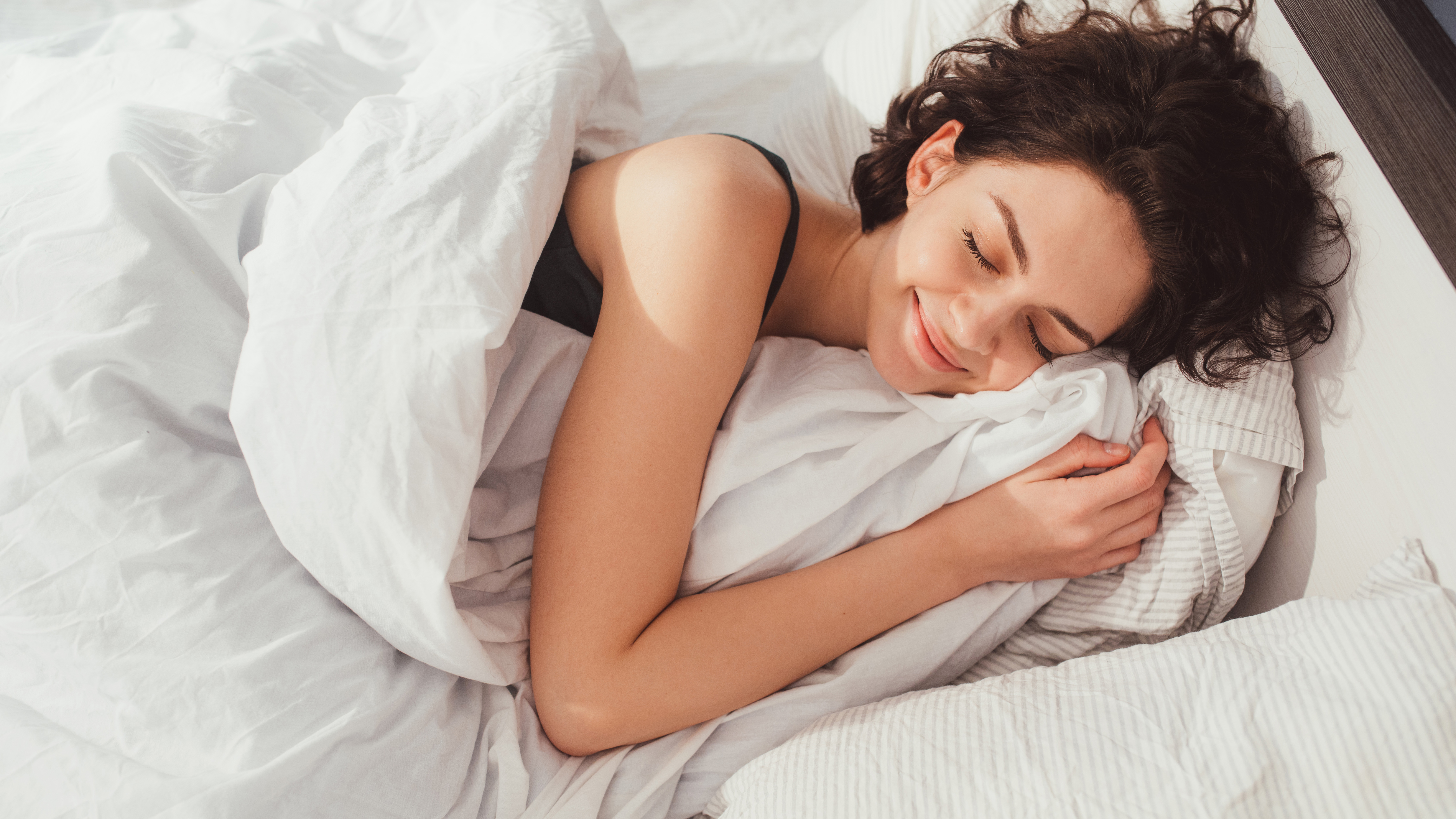
Here at Tom’s Guide our expert editors are committed to bringing you the best news, reviews and guides to help you stay informed and ahead of the curve!
You are now subscribed
Your newsletter sign-up was successful
Want to add more newsletters?

Daily (Mon-Sun)
Tom's Guide Daily
Sign up to get the latest updates on all of your favorite content! From cutting-edge tech news and the hottest streaming buzz to unbeatable deals on the best products and in-depth reviews, we’ve got you covered.

Weekly on Thursday
Tom's AI Guide
Be AI savvy with your weekly newsletter summing up all the biggest AI news you need to know. Plus, analysis from our AI editor and tips on how to use the latest AI tools!

Weekly on Friday
Tom's iGuide
Unlock the vast world of Apple news straight to your inbox. With coverage on everything from exciting product launches to essential software updates, this is your go-to source for the latest updates on all the best Apple content.

Weekly on Monday
Tom's Streaming Guide
Our weekly newsletter is expertly crafted to immerse you in the world of streaming. Stay updated on the latest releases and our top recommendations across your favorite streaming platforms.
Join the club
Get full access to premium articles, exclusive features and a growing list of member rewards.
If you've always been a bad sleeper, you may have given up on getting a good night's sleep. But if you’re consistently sleeping under 7 hours a night, feeling tired during the day and getting more irritable, it’s likely you need more sleep.
And there are far more effective ways to get more sleep than just trying another sleepmaxxing TikTok hack. Diet and even when you eat your last meal can affect when you fall asleep and how long you sleep for. While your sleep environment and your winddown routine can also affect your sleep patterns.
We asked Dr Leah Kaylor, a psychologist and sleep expert, plus Kerry Davies, Sleep Specialist & Founder of The Sleep Fixer how to get more sleep, looking at what lifestyle factors can help or harm your rest, such as consistent sleep windows and getting more daylight.
We’re also diving deeper into the recent research around deep sleep and REM, and how to get more of both. But first, we need to know how much sleep is enough…
How much sleep is enough?
“For most healthy adults, the recommended amount of sleep is 7 to 9 hours per night, according to the National Sleep Foundation and the American Academy of Sleep Medicine,” explains Kaylor.
However, like most things, sleep is very personal - whereas one person may need nine hours, someone else could only need six. So, how can you tell how much sleep is enough for you?
“The key is how you feel during the day,” Kaylor explains. “if you're alert, focused, and emotionally stable without needing naps or caffeine to function, you’re likely getting enough rest.”
Get instant access to breaking news, the hottest reviews, great deals and helpful tips.

5 steps to get more sleep
So if you think you aren’t getting enough sleep, here’s 5 steps to get more.
1. Diet
You may not realise the connection between your diet and your sleep, but it can have a big impact on your overall sleep patterns.
“A well-balanced diet rich in whole foods, fibre, lean proteins, and healthy fats supports stable blood sugar levels and regulates hormones involved in sleep,” Kaylor explains.
In fact, increased protein in the diet, such as chicken, tofu or eggs, has been shown to help deeper sleep, according to this research from Maastricht University Medical Centre. Increasing protein intake also increases the duration of sleep, according to recent studies.
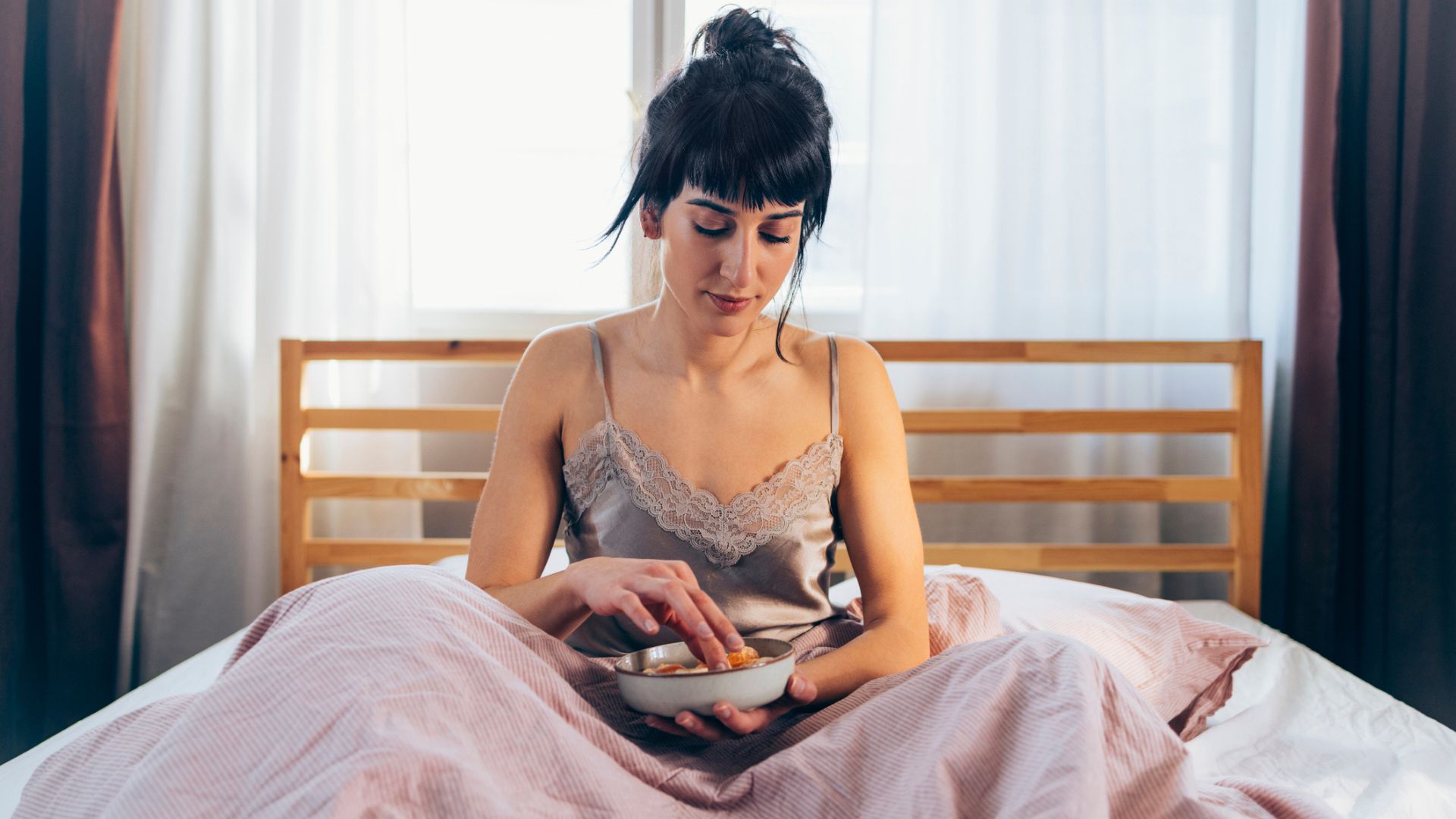
So, what else should you eat? “Foods high in tryptophan (like turkey, eggs, or oats) can help increase melatonin production, while foods rich in magnesium and B vitamins support nervous system relaxation,” Kaylor says.
“Stable energy and mood throughout the day lead to better sleep continuity at night.”
Also, what time you eat can affect your sleep too. “Try to finish your dinner three hours before sleep, because you want the digestion to be taking part when you're waking rather than when you're asleep,” says Davies.
2. Exercise
Movement or exercise during the day can help us fall asleep quicker and impact how long we sleep for. However, Davies explains that you shouldn’t be doing a HIIT class just before you jump into bed.
Instead she recommends opting for a “morning, lunch or an early evening workout” and “leaving about three hours before going to sleep.” So, why is this?
“To fall asleep, our heart rate and core body temperature need to be reduced,” she explains. “But if we're exercising, we’ll increase them both - so you need to give it some time to come down to baseline.”
If the only time you can fit exercise in is before bed, then opt for something less strenuous, such as yoga or walking. These relaxing exercises can actually improve sleep.
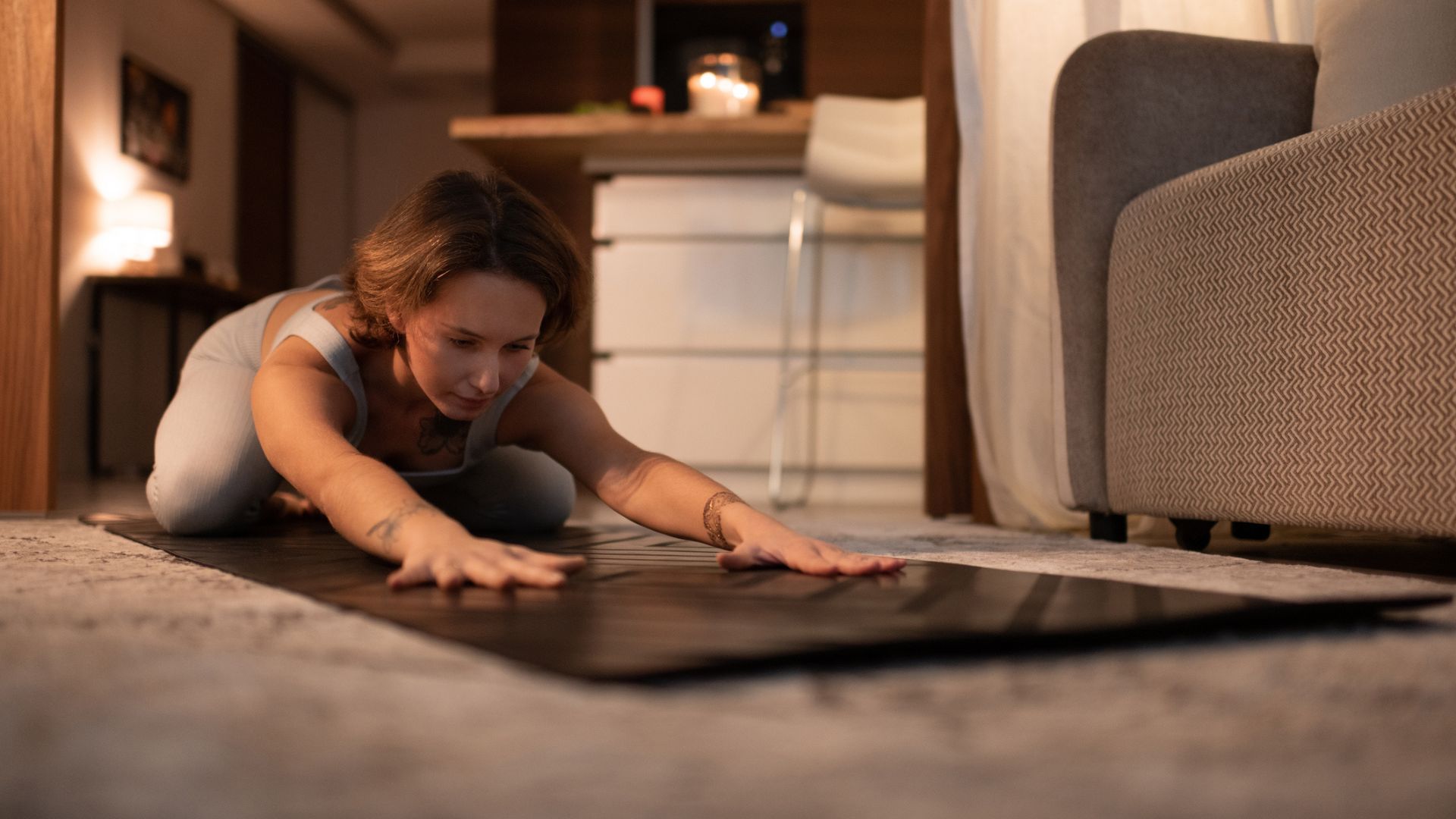
3. Create a nighttime routine
Flicking through social media or bingeing on Netflix may feel like a nice wind-down routine, but it could be impacting how long it takes you to fall asleep.
Creating a nighttime routine, which allows your body to prepare for sleep, is essential.
“One hour before bed, cut out electronics to minimise your exposure to blue light,” suggests Kaylor.
“Blue light shares the same wavelength as sunlight and is particularly effective at suppressing melatonin production—the essential hormone that helps us fall asleep.”
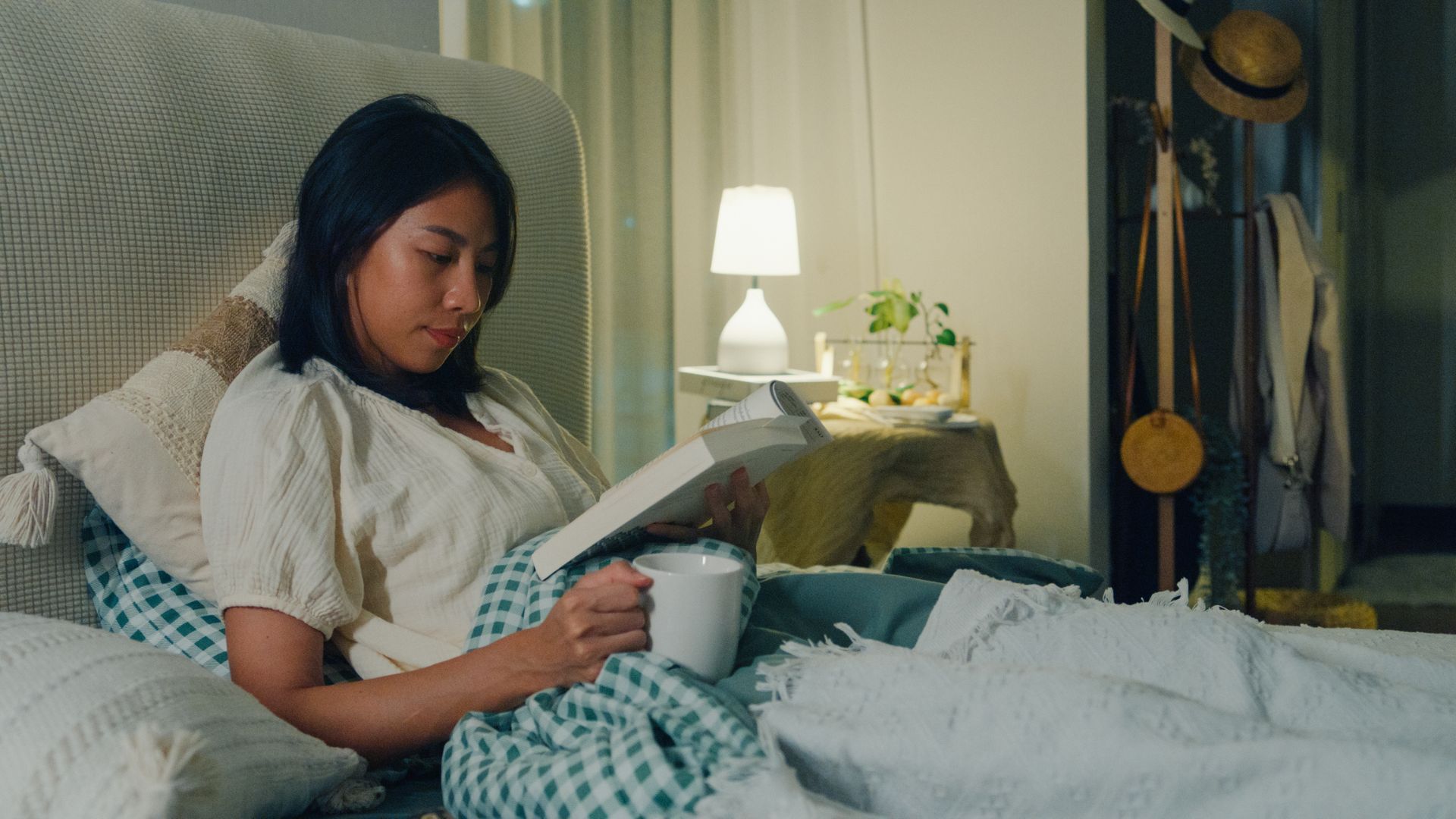
Davies adds that you should create a nighttime routine that fits your needs. “That doesn't mean everybody should be reading a book, or everybody should be meditating,” she explains.
“Think about what helps you to relax and ensure that you've got that good wind down sleep routine.”
4. Keep a consistent sleep schedule
Having a consistent ‘sleep window’ will mean you’ll get to sleep quicker and get more sleep. But, what if your sleep schedule is all off?
Davies explains that you should always start with adapting your ‘wake up time’ - so why is this? It’s “because you can't force yourself to fall asleep, but you can force yourself to wake up,” she explains.
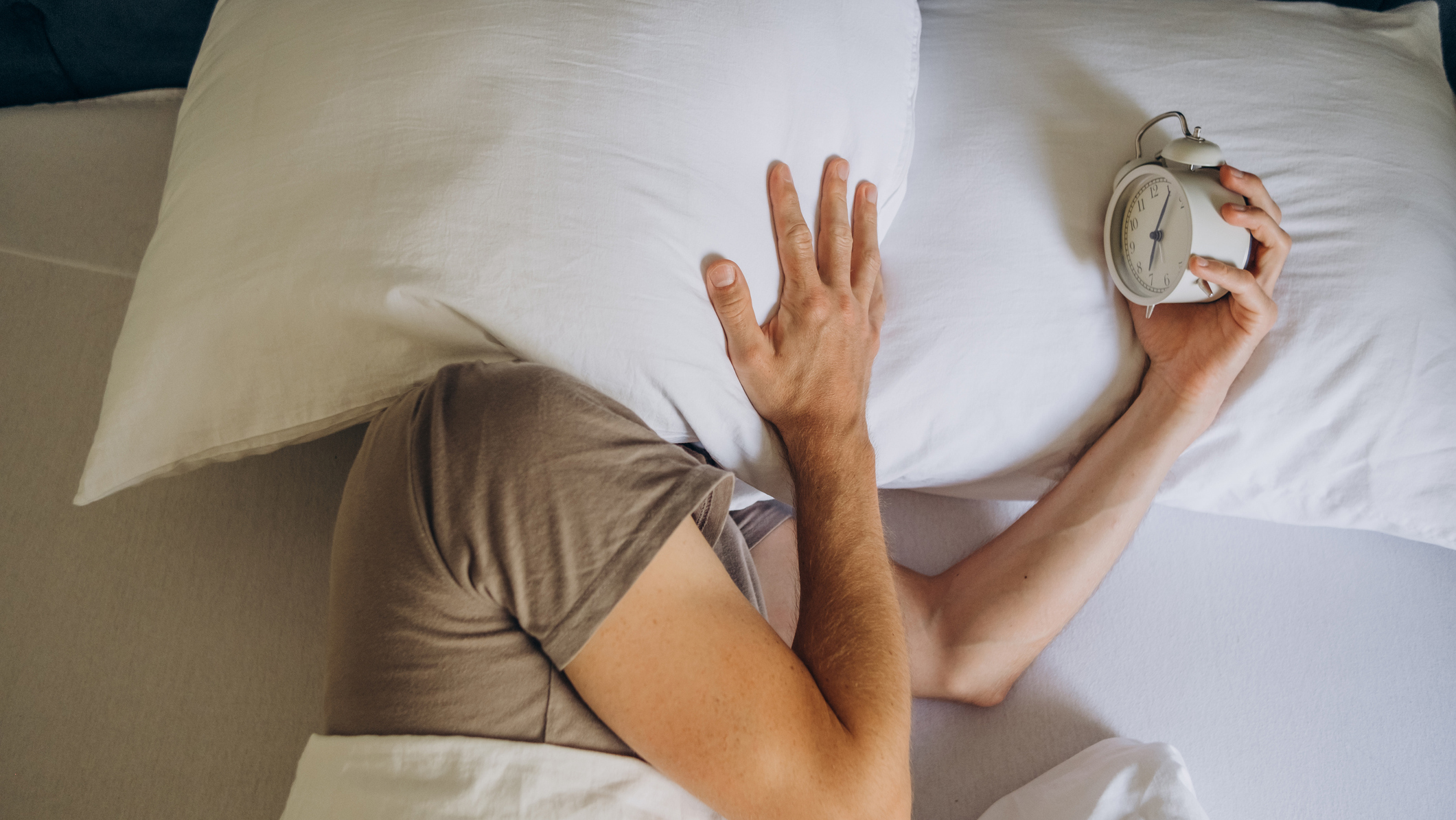
“If you start with a morning wake-up time that's consistent, then naturally your sleep time, or when you feel tired in the evening, will become consistent as a result of that.”
This is because your natural sleep pressure will build throughout the day, as well as the hormone, melatonin: “That's what helps us to fall asleep and helps us to maintain our sleep as well.”
Your natural sleep cycle, also known as your circadian rhythm, can also be regulated by daylight.
“The more natural daylight you get, the more that reinforces to your body that it's time to be awake,” which in turn, helps you get more sleep at night.
5. Create a comfortable environment
Lumpy cushions? Too much light and noise? These could all be reasons why you’re waking up in the night.
Being comfortable should be a priority too - and investing in one of this year’s best mattresses for your sleep needs should prevent you from tossing and turning and waking up.
You should also ensure you have the best pillow for your sleeping position so you’re adequately supported.
Make sure your environment is consistent
When you’re creating a comfortable sleep environment, Davies explains you should be, “thinking from a light and noise perspective, comfort and temperature, because if something changes, that can alert the body to wake up.”
“Make sure your environment is consistent,” she continues, “so if, for instance, you know there is going to be external noises, using things like earplugs or white noise will help you stay asleep.”
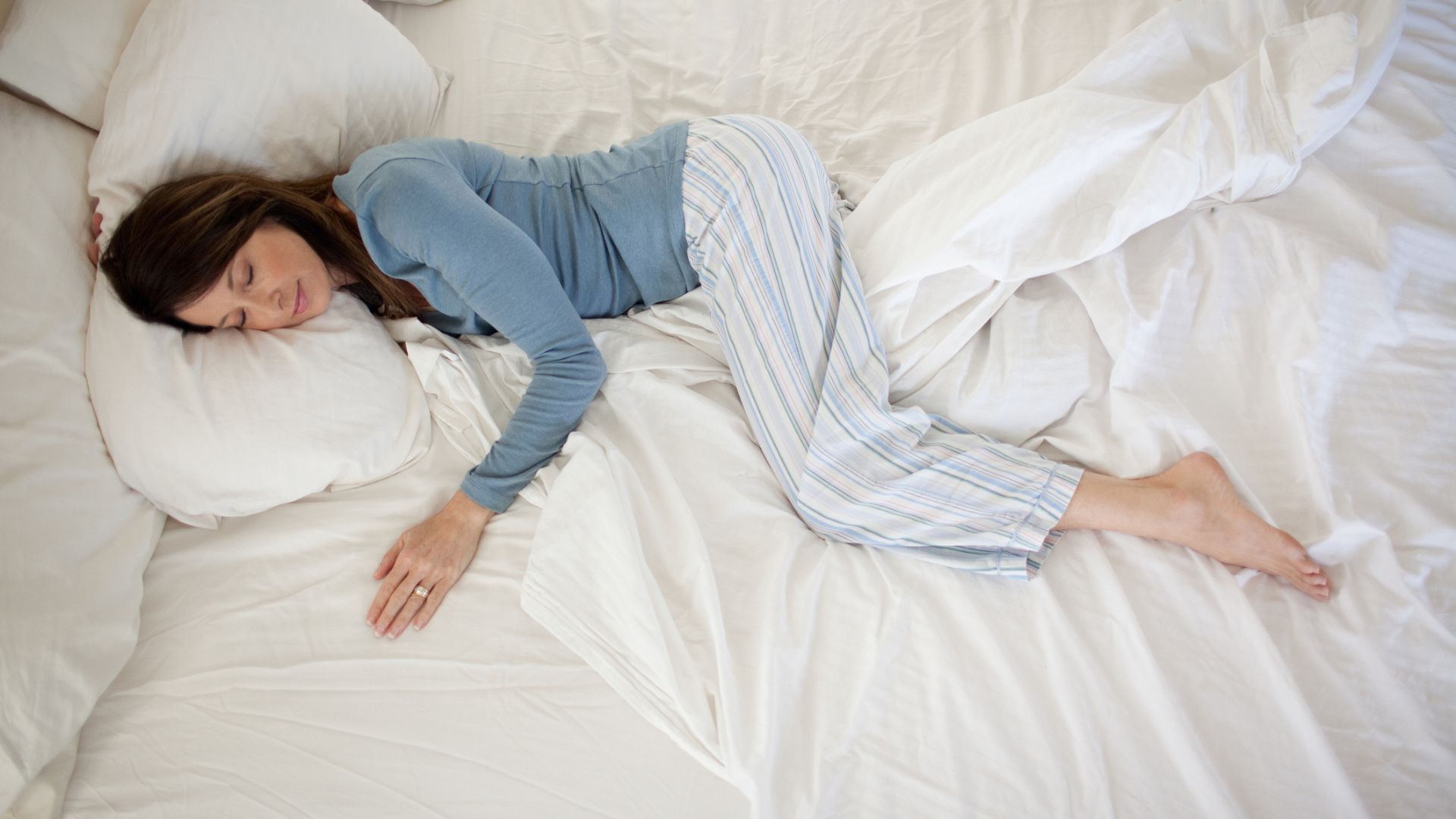
How to get more deep sleep
Our bodies cycle through different stages of sleep every night. Deep sleep is restorative sleep, and studies show we need around 1.5 to 2.5 hours of deep sleep every night.
“Deep sleep is when the body focuses on physical restoration, such as tissue repair, immune system strengthening, and hormone regulation (like growth hormone release),” explains Kaylor.
So, how can you get more deep sleep?
- Exercise - but limiting high exertion to three hours before bedtime
- Limiting noise or light in the bedroom
- Creating a good wind-down routine - including reading and meditation
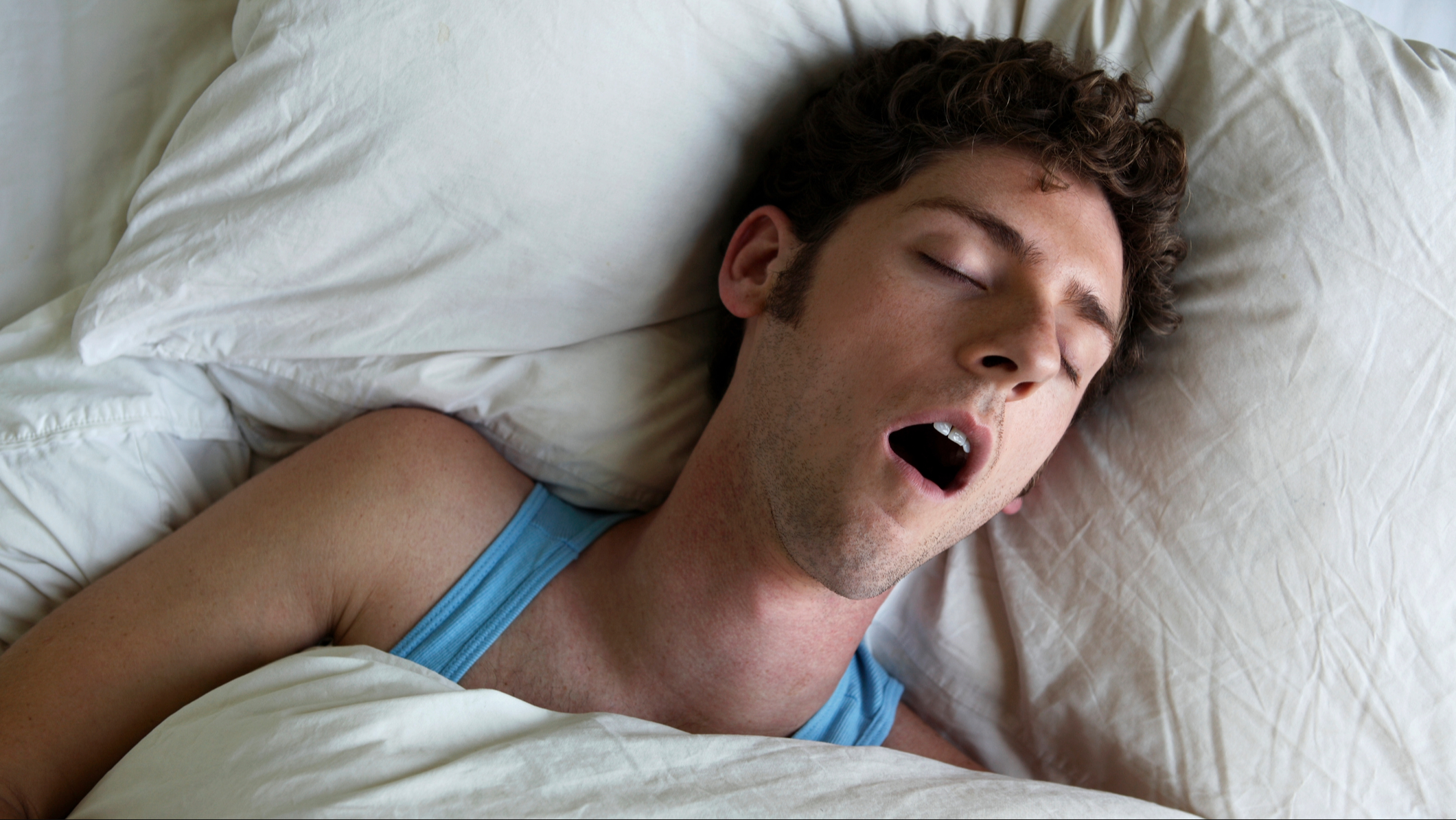
How to get more REM sleep
REM sleep is when we dream, but can also be important to our waking life. “REM sleep is vital for emotional processing, memory consolidation, and brain development. It also helps regulate mood and cognitive functioning,” Kaylor says.
So, what happens when we don’t get enough? “Without adequate deep or REM sleep, you may still technically be ‘asleep,’ but your body and brain won’t fully recharge, leading to fatigue, poor memory, and reduced resilience.”
So, how can you get more REM sleep?
- Create a consistent sleep schedule to regulate your sleep-wake cycle
- Avoid things such as alcohol, at least 3 hours before bed time
- Invest in a comfortable mattress
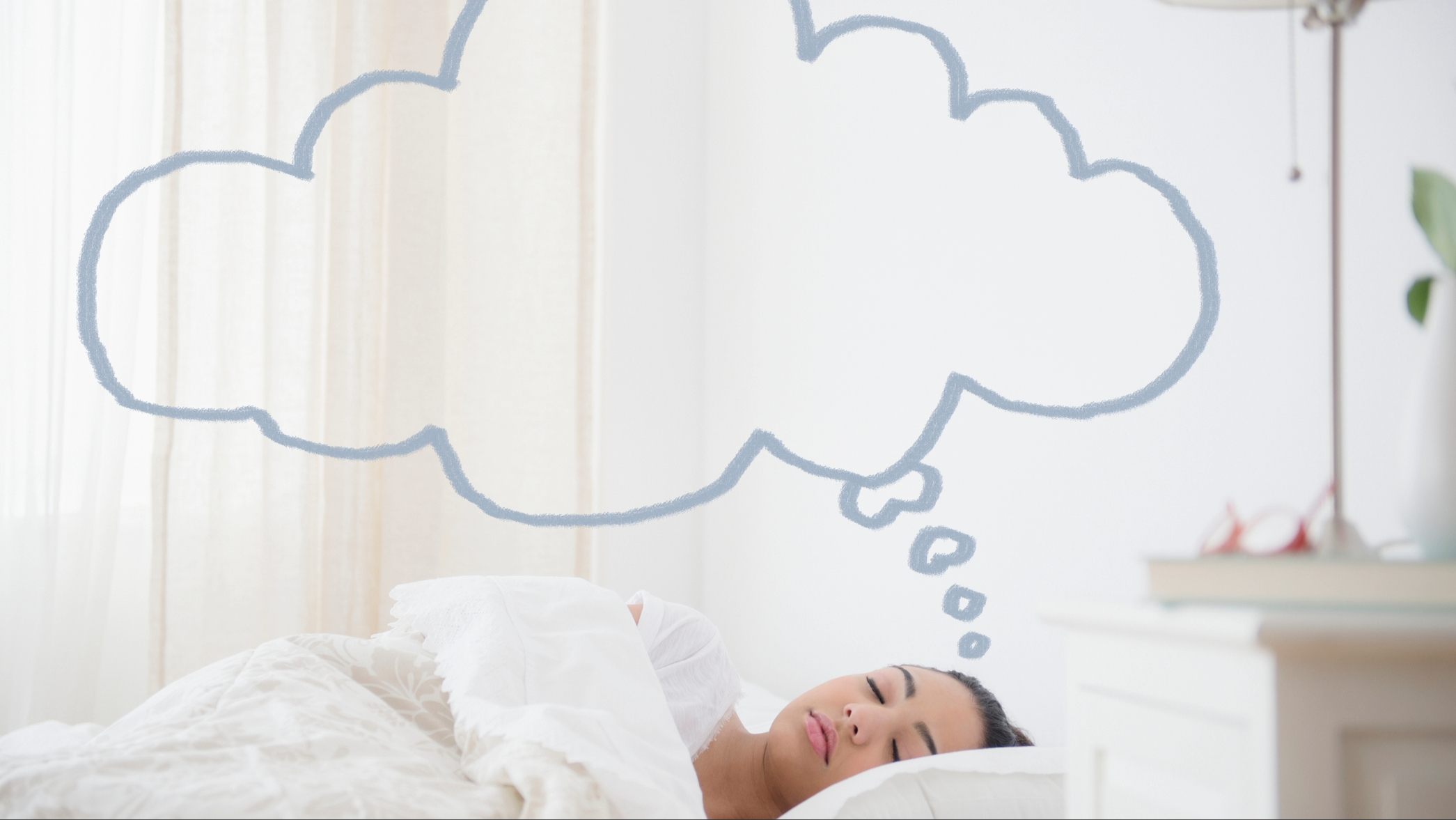
Quality sleep or quantity?
Don’t panic if you’re not getting enough sleep, as studies show that quality sleep is better over how many hours you’ve had.
“Quality comes first,” explains Davies, “Quantity is important as well, but you are definitely going to feel better if you have six continuous hours of sleep, which includes REM and deep sleep, than if you have seven hours of broken sleep.”
How about if you do wake up in the middle of the night or have broken sleep? Davies says the worst thing you can do is check the time.
“When you check the clock, your brain goes into the calculation of how long you’ve got left to sleep – if the brain starts to stress, that releases stress hormone, which then prevents us from being able to sleep.”

Sarah is a freelance writer who has been published across titles including Woman & Home, The Independent, and the BBC. Sarah covers a variety of subjects, including health and wellness. For Tom's Guide Sarah often writes about sleep health and hygiene, and interviews leading sleep experts about common issues such as insomnia and sleep deprivation.
You must confirm your public display name before commenting
Please logout and then login again, you will then be prompted to enter your display name.
 Club Benefits
Club Benefits





